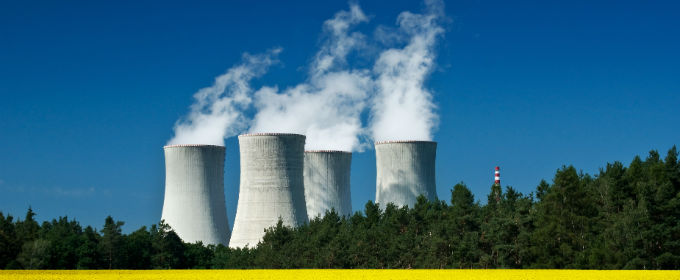
Response to the IPCC 1.5°C Special Report
The University of Manchester’s Professor Kevin Anderson responds to today’s report from the Inter-Governmental Panel on Climate Change.
The IPCC report meticulously lays out how the serious climate impacts of 1.5°C of warming are still far less destructive than those for 2°C. Sadly, the IPCC then fails, again, to address the profound implications of reducing emissions in line with both 1.5 and 2°C. Dress it up however we may wish, climate change is ultimately a rationing issue.
The responsibility for global emissions is heavily skewed towards the lifestyles of a relatively few high emitters – professors and climate academics amongst them. Almost 50% of global carbon emissions arise from the activities of around 10% of the global population, increasing to 70% of emissions from just 20% of citizens. Impose a limit on the per-capita carbon footprint of the top 10% of global emitters, equivalent to that of an average European citizen, and global emissions could be reduced by one third in a matter of a year or two.
Ignoring this huge inequality in emissions, the IPCC chooses instead to constrain its policy advice to fit neatly within the current economic model. This includes, significant reliance on removal of carbon dioxide from the atmosphere much later in the century, when today’s senior scientists and policy makers will be either retired or dead. Conjuring up such futuristic ‘negative emission technologies’ to help achieve the virtually impossible 1.5°C target is perhaps understandable, but such intergenerational buck-passing also dominates the IPCC’s 2°C advice.
To genuinely reduce emissions in line with 2°C of warming requires a transformation in the productive capacity of society, reminiscent of the Marshall Plan. The labour and resources used to furnish the high-carbon lifestyles of the top 20% will need to shift rapidly to deliver a fully decarbonised energy system.
…click on the above link to read the rest of the article…



